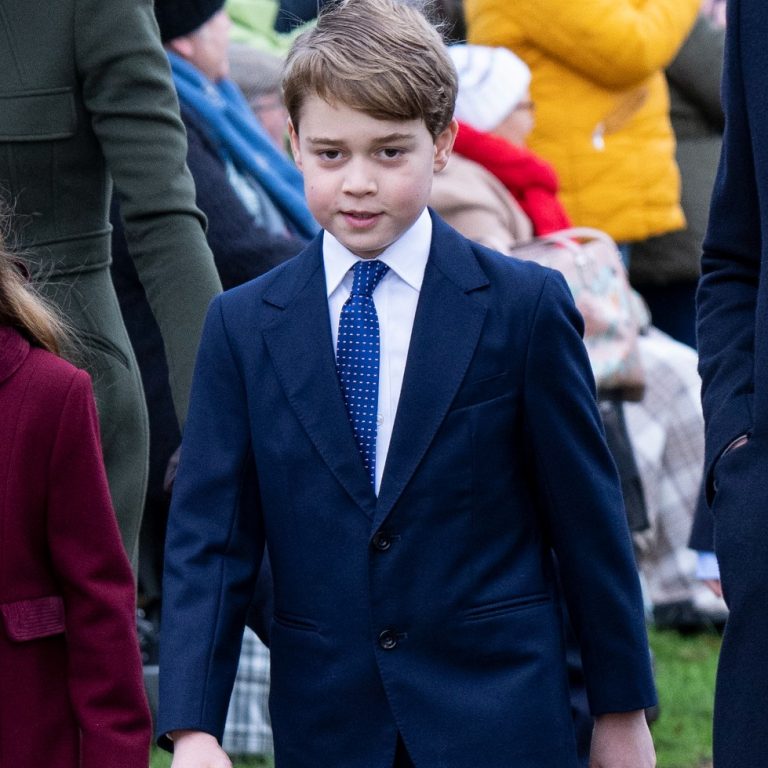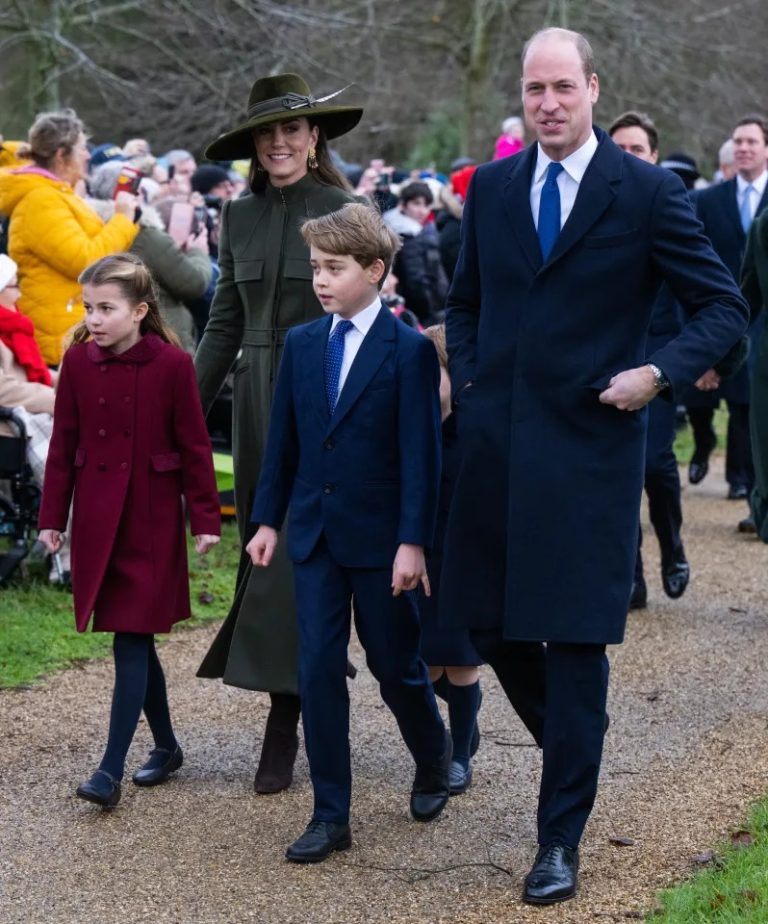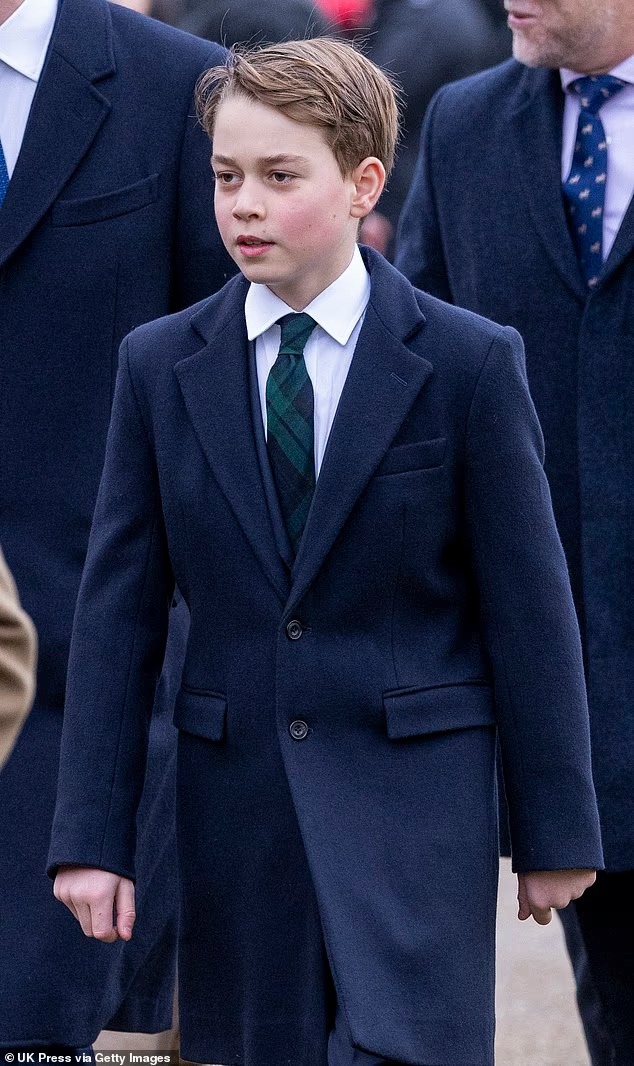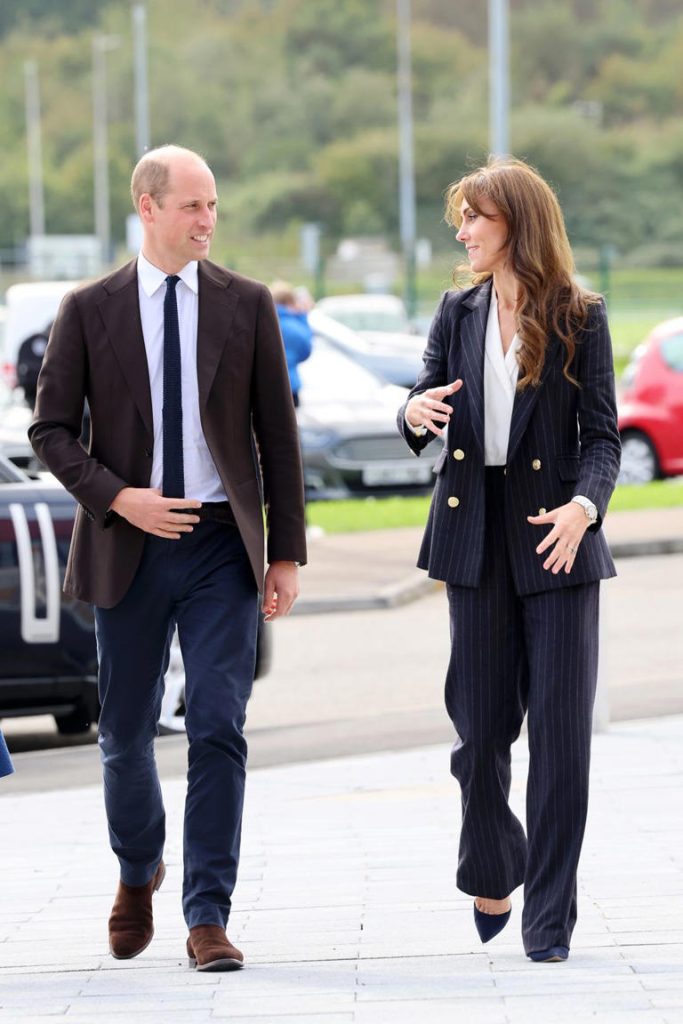As Prince George approaches a pivotal educational crossroads, now just shy of his 12th birthday in July, the spotlight intensifies on where the future monarch will continue his studies. Beyond the academic curriculum, the choice of school is being seen as a clear signal of Prince William and Princess Kate’s vision for raising a modern royal.
Currently completing his time at Lambrook School near the family’s Windsor home, George’s next step is the subject of intense speculation. While Eton College, the prestigious all-boys boarding school attended by both his father and uncle, remains a front-runner and reportedly a choice George himself favors, recent developments suggest a potential shift.
Eton vs. The Modern Approach: Kate’s Influence Looms Large
The traditional path to Eton, while historically significant for male royals, faces a notable challenge from within the Wales household. Princess Kate has reportedly expressed reservations about the boarding school environment, drawing from her own “unhappy” experiences as a boarder in her youth. Insiders suggest her concern centers on the potential for isolation and intense pressure, conflicting with the Cambridge’s stated desire for their children to have as “normal” an upbringing as possible.

This push for a different approach has been further highlighted by recent reports of Princess Kate’s visit to Highgate School in North London. This highly respected co-educational day school, with a rich history spanning over 450 years, is renowned for its academic excellence and a particularly vibrant performing arts program. Kate’s reported deep engagement with staff, including the Head of Drama, suggests a keen interest in fostering George’s potential interests beyond traditional academic pursuits.
The appeal of Highgate also lies in its London location, which would allow George to remain a day student and thus maintain more regular contact with his family – a significant contrast to the full boarding typical of Eton.
The Headteacher’s Timely Warning: A Digital Detox for Future Leaders?
Adding a compelling layer to this ongoing debate is the recent public stance taken by Adam Pettitt, Highgate’s headteacher since 2006. Pettitt has become a vocal advocate for drastically reducing children’s screen time, making headlines with his strong admonitions to parents.

In recent comments, widely reported in outlets like The Times, Pettitt has urged a fundamental re-evaluation of mobile phone use among young people. While acknowledging “age-based limits on mobile phone use are a welcome first step,” he emphatically stresses that “how adults spend time with children is paramount. Children need to play, to have protected screen-free time, and to enjoy fun, shared experiences with the adults who care for them.”
This philosophy resonates strongly with growing concerns across the UK education sector about the detrimental effects of excessive digital engagement on children’s mental well-being, attention spans, and crucial social development skills. Highgate itself enforces a strict mobile phone ban, which Pettitt credits with “reintroducing conversation to form rooms.”

For the Cambridges, who have often emphasized a hands-on and present parenting style, Pettitt’s views on screen-free childhoods could be a significant draw, aligning with their broader approach to raising well-adjusted individuals, not just future monarchs.
A Modern Monarchy in the Making
The decision regarding Prince George’s next school is far more than a logistical matter; it’s a strategic move reflecting the evolving narrative of the British monarchy. Will William and Kate lean into centuries of royal tradition, sending George to Eton? Or will they champion a more contemporary, perhaps more nurturing, environment like Highgate – one that embraces co-education, academic rigor alongside creative expression, and a conscious effort to balance digital immersion with genuine human connection?

Whatever their ultimate choice, it will undoubtedly shape the development of the future King, offering a potent glimpse into the kind of monarch Prince George may one day become – one potentially forged not just in the halls of historic privilege, but in the crucible of modern challenges and progressive educational thought. The answer, keenly awaited by royal watchers and educators alike, will signal the direction of a new royal era.


